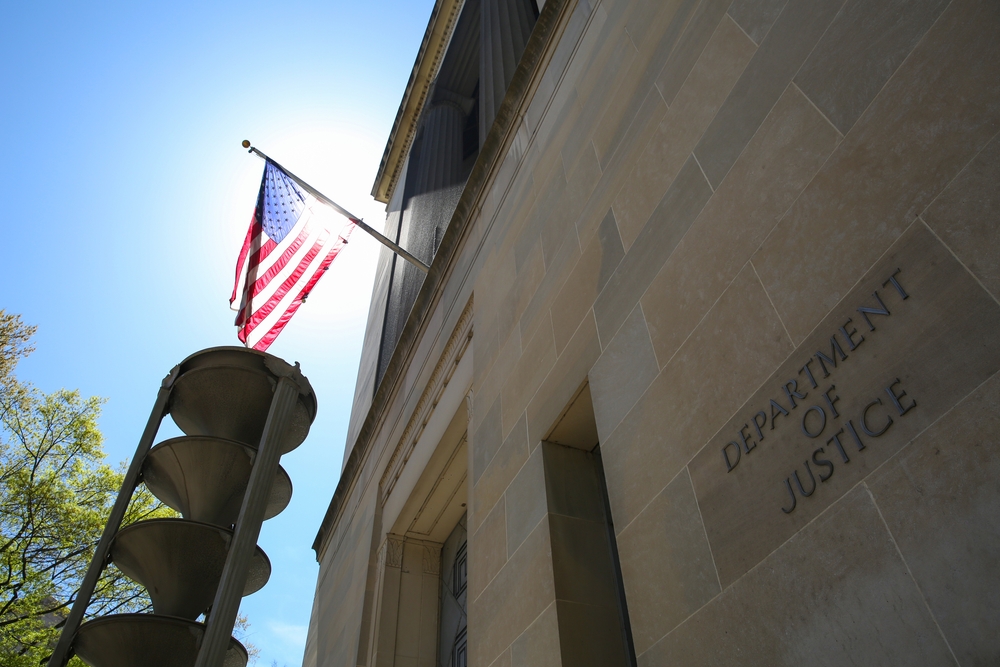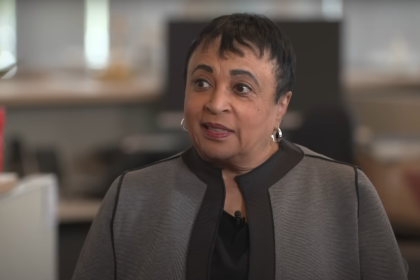The Department of Justice‘s unprecedented prosecution of Capitol riot participants continues to evolve as the nation approaches the fourth anniversary of January 6, 2021. With over 1,500 federal cases and counting, this landmark investigation has produced significant convictions while raising questions about potential presidential pardons and their implications for justice.
The scope of justice
The scale of prosecutions stemming from the Capitol breach stands unmatched in Justice Department history. Federal response: More than 1,500 individuals face charges ranging from misdemeanor trespassing to serious felonies, including attacks on law enforcement and seditious conspiracy.
The conviction rate remains notably high, with approximately 250 defendants found guilty at trial and over 1,020 entering guilty pleas. Courts have imposed prison sentences on more than 700 individuals, while others received probation or community service requirements.
Most significantly, former Proud Boys national chairman Enrique Tarrio received a 22-year prison term – the longest sentence handed down thus far. This penalty reflects the gravity of organized attempts to disrupt the democratic process.
Looking ahead: Pending cases and political complications
Continuing prosecutions: The legal system faces a substantial workload in 2025, with more than 100 defendants awaiting trial and at least 168 scheduled for sentencing. The Justice Department maintains its aggressive pursuit of suspects, particularly those accused of assaulting police officers during the riot.
This steady march of justice now confronts potential disruption from political quarters. Pardon promises: The prospect of mass pardons has emerged as a campaign talking point, creating uncertainty about the long-term impact of these convictions. While specific criteria for such pardons remain undefined, the mere possibility has already affected court proceedings.
Some defendants have attempted to delay their cases, citing potential future pardons as justification. However, federal judges have largely rejected these tactical maneuvers, emphasizing the importance of proceeding with scheduled trials and sentencing.
Judicial pushback and democratic principles
The federal judiciary has responded forcefully to suggestions that January 6 defendants should be considered political prisoners. Multiple judges have taken strong positions regarding both the gravity of the offenses and the importance of maintaining accountability.
Preserving historical truth: Federal judges have emphasized that pardons cannot alter the historical record of January 6. The documented evidence of violence against law enforcement and the organized nature of certain groups’ participation will remain established fact, regardless of potential future executive actions.
Particular concern surrounds the prospect of pardons for those convicted of seditious conspiracy. Such actions would represent an unprecedented step in American judicial history, potentially undermining core democratic principles and the rule of law.
The path forward
As these cases continue to wind through the federal court system, their resolution carries implications far beyond individual defendants. The handling of January 6 prosecutions has become a litmus test for American democracy’s resilience and the justice system’s ability to hold accountable those who would threaten it.
Lasting impact: The decisions made regarding these cases will influence future generations’ understanding of acceptable political behavior and the consequences of violent attempts to overturn election results. They may also shape how similar incidents are handled by law enforcement and prosecutors in the future.
The Justice Department’s ongoing commitment to these prosecutions reflects a broader dedication to protecting democratic institutions. Despite political pressures and logistical challenges, federal prosecutors continue to pursue cases based on evidence and established law.
Beyond the courtroom
The ripple effects of these prosecutions extend into various aspects of American society. Democratic foundations: The handling of January 6 cases has sparked crucial discussions about the balance between political expression and violent action, the role of law enforcement in protecting democratic institutions, and the limits of executive pardoning power.
These legal proceedings have also highlighted the ongoing challenge of addressing political extremism while maintaining democratic principles. The convictions of extremist group leaders demonstrate the justice system’s capacity to confront organized threats to democracy, even as questions persist about preventing future incidents.
As the nation continues to process the events of January 6, the legal system’s response serves as both a practical and symbolic assertion of democratic resilience. The outcomes of these cases will likely influence American political and legal discourse for generations to come.
This moment in American history underscores the crucial role of an independent judiciary in maintaining democratic norms and the rule of law. As trials continue and sentencing proceeds, the nation watches to see how justice will be balanced against political pressures in this unprecedented legal chapter.
The resolution of these cases will help define the boundaries of acceptable political behavior and the consequences for crossing them, potentially shaping American democracy’s future trajectory. As new cases continue to emerge and existing ones reach conclusion, the justice system’s response to January 6 remains a critical test of institutional strength and democratic principles.
















